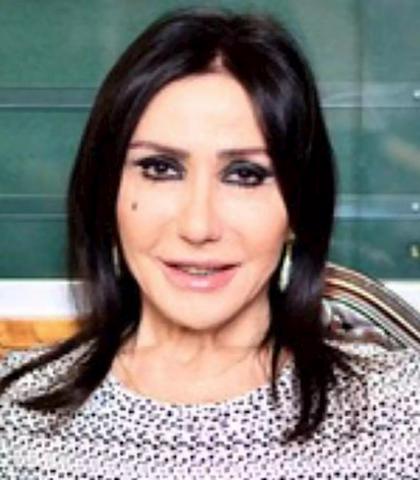
The apparent victory of Hong Kong protesters and a mini-thaw taking place in Russia are interesting departures from the usual practice of two regimes known to have no reverse gear. Could they have decided to learn a technique one student of authoritarianism has dubbed “contained escalation”?
The communist government of mainland China has been whittling away at Hong Kong’s British-style liberties for years, and protests were routinely ignored. The so-called Umbrella Revolution of 2014 – a series of protests against a plan to have candidates for the role of Hong Kong’s chief executive screened by the mainland – resulted in the preservation of an even more restrictive electoral system. And last April, nine of the movement’s leaders were convicted of “conspiring” and “inciting” to cause a public nuisance. Even in relatively liberal Hong Kong, the regime that crushed the Tiananmen Square protests didn’t step back in the face of popular indignation.
This time it’s different – the (much more numerous) protesters have forced pro-Beijing Chief Executive Carrie Lam to shelve a bill that would allow extradition from Hong Kong to the mainland, which would have dealt a major blow to the special economic region’s judicial independence. And Lam has promised no arrests, too.
Meanwhile in Russia, personal interventions by President Vladimir Putin -- after numerically weak but noisy protests – led to the release of investigative journalist Ivan Golunov, who had been arrested on what seemed like trumped-up drug charges, and to the cancellation of a plan to replace a public park with a cathedral in Yekaterinburg. More concessions are expected. A retreat on plans to build a massive landfill in the northern Russian region of Arkhangelsk, which have led to violent clashes between locals and police, could be on the cards.
The differences between the Chinese and Russian situations are obvious: In Hong Kong, the protests and the concession have been much bigger. But the similarity of the regimes’ retreating when they didn’t really have to is more intriguing.
Surely both Putin and Chinese President Xi Jinping know that liberalization can be a slippery slope. In a 2017 paper, political scientist Daniel Treisman from the University of California at Los Angeles, who had studied all cases of democratization between 1800 and 2015, named it among the most common fatal mistakes dictators make.
Other mistakes Treisman mentioned included overestimating popular support and “overrepressing.” Any regime depends to some extent on popular support, and it’s extremely difficult to get the balance of repression and concession just right.
In 2014, Dana Moss from the University off California, Irvine, described the case of Jordan that managed to avoid a revolution during the Arab Spring. The regime started compromising with those who appeared to make manageable demands.
This dynamic of “contained escalation,” as Moss called it, is likely what we’re seeing in both Russia and China. Putin clearly feels he needs to tread carefully because he no longer enjoys 80 percent approval ratings and because Russians appear to be tired of foreign military adventures as the same old problems fester at home. Xi, for his part, doesn’t need domestic instability during a ruthless trade war with the US.
Both appear to be willing to concede some non-critical ground. Even without the extradition law, Hong Kong remains firmly under Beijing’s control, and if protesters give any indication they’re working to end that, there probably will be a forceful response. In Russia, neither Golunov’s arrest nor the construction of the church was a matter of principle for Putin, and intervention only helped him win popularity points; but when activists continued protesting against unfair arrests after Golunov’s release, about 500 people were detained in Moscow.
The Russian and the Chinese regimes have plenty of time and resources to build their models, in which the activists end up realizing they can get the rulers’ favorable attention if they make small demands and show willingness to negotiate, while demanding more will get them beaten up and thrown behind bars. The regimes will learn as they go; activists should as well.Bloomberg












